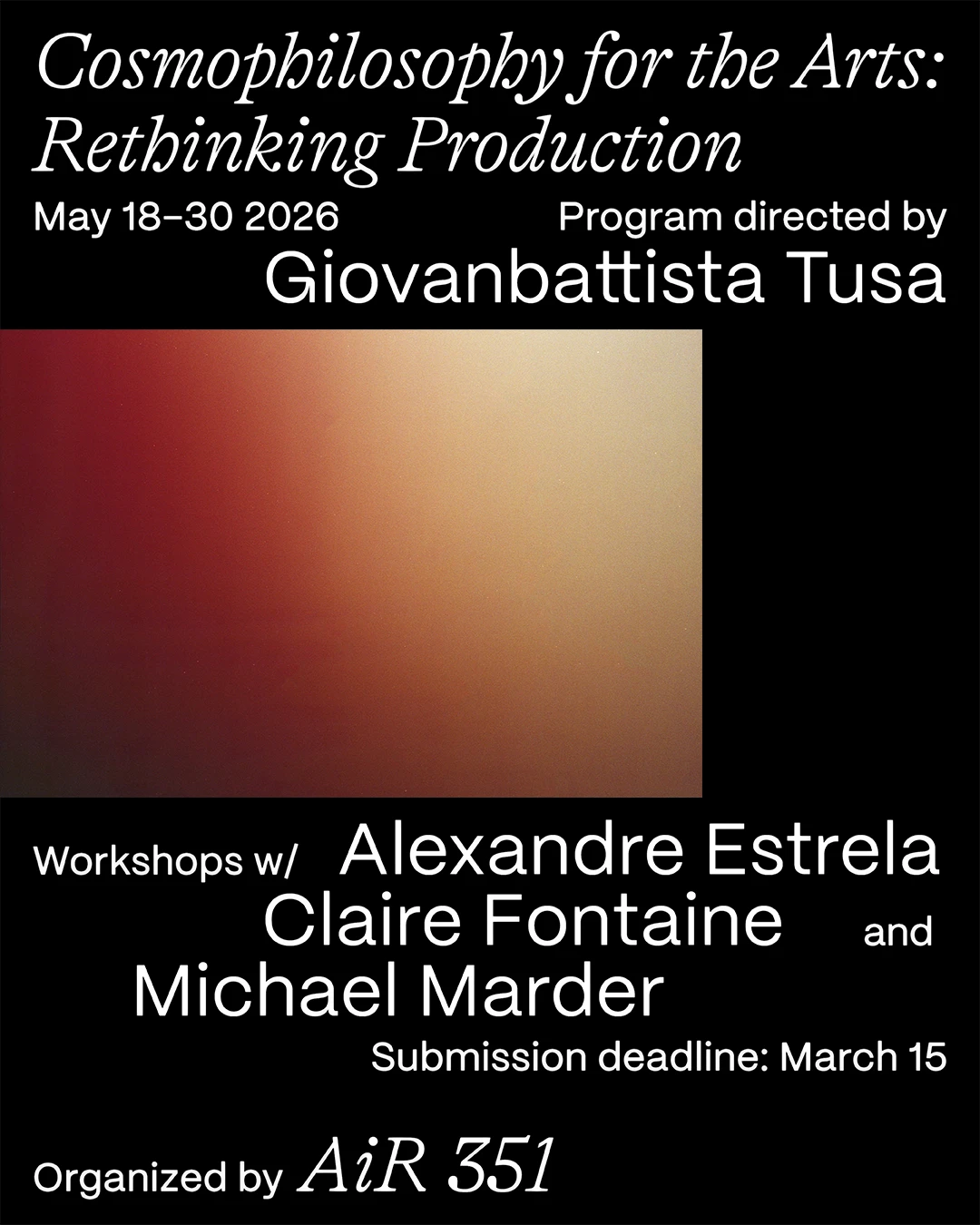UMBIGO invited several artists to reflect on the era we are living in and to think about their artistic production in quarantine times.
Project by the artist Bárbara Bulhão.
Text by Pedro Gonçalves.
—
Bárbara Bulhão, Every day I look at the sky and I miss you, 2020. Inkjet printing on paper, 29,7×42 cm
—
At a time of perceptual changes, perhaps transitory, due to the biological threat, the cognitive reading of artistic production in this period is also changing. In this uncertain period, where confinement at home has become recurrent for a large part of society, the typically complex frontiers between public and private acquire new contours. The field of the private sphere, usually a residential building, becomes a stage of public appearances, with the professional or personal use of video platforms, hence becoming, with greater or lesser prominence, the background of these digital connections.
In this context, windows, balconies or any element that gives access to outer space, theoretically associated with the public sphere, can be an interface for the expansion of the imagination. But what Bárbara Bulhão seems to induce, with her work Every day I look at the sky and I miss you, is not a look at the terrestrial circulation spaces, where the physical contact or proximity to someone is now provoking anguish due to the possible biological threat, in a psycho-virus that nourishes fear and isolation, as Franco “Bifo” Berardi recently mentioned[i]. Her gaze is turned to the sky, which is here a point of breathing, of imagination, where the possibility of emotional expansion lies.
The sky, with its different shades, depending on the weather, becomes a platform for affective reflection, entering our imagination to wander without spatial limits. The emotions that emerge during this experience may allow us to reflect and change, based on the thoughts that arise. According to Didi-Huberman, “emotions have a power – or are a power – of transformation. The transformation of memory into desire, of the past into the future, or even of wealth into joy”[ii].
[i] Berardi, Franco “Bifo”, O Diário da psico-deflacção I, in Punkto, #27, Primavera 2020. (https://www.revistapunkto.com/2020/04/diario-da-psico-deflaccao-i-franco-bifo.html – 13/04/2020).
[ii] Didi-Huberman, Que Emoção! Que Emoção?. Lisboa: KKYM, 2015, p. 45.


-fbhvt.jpg)


